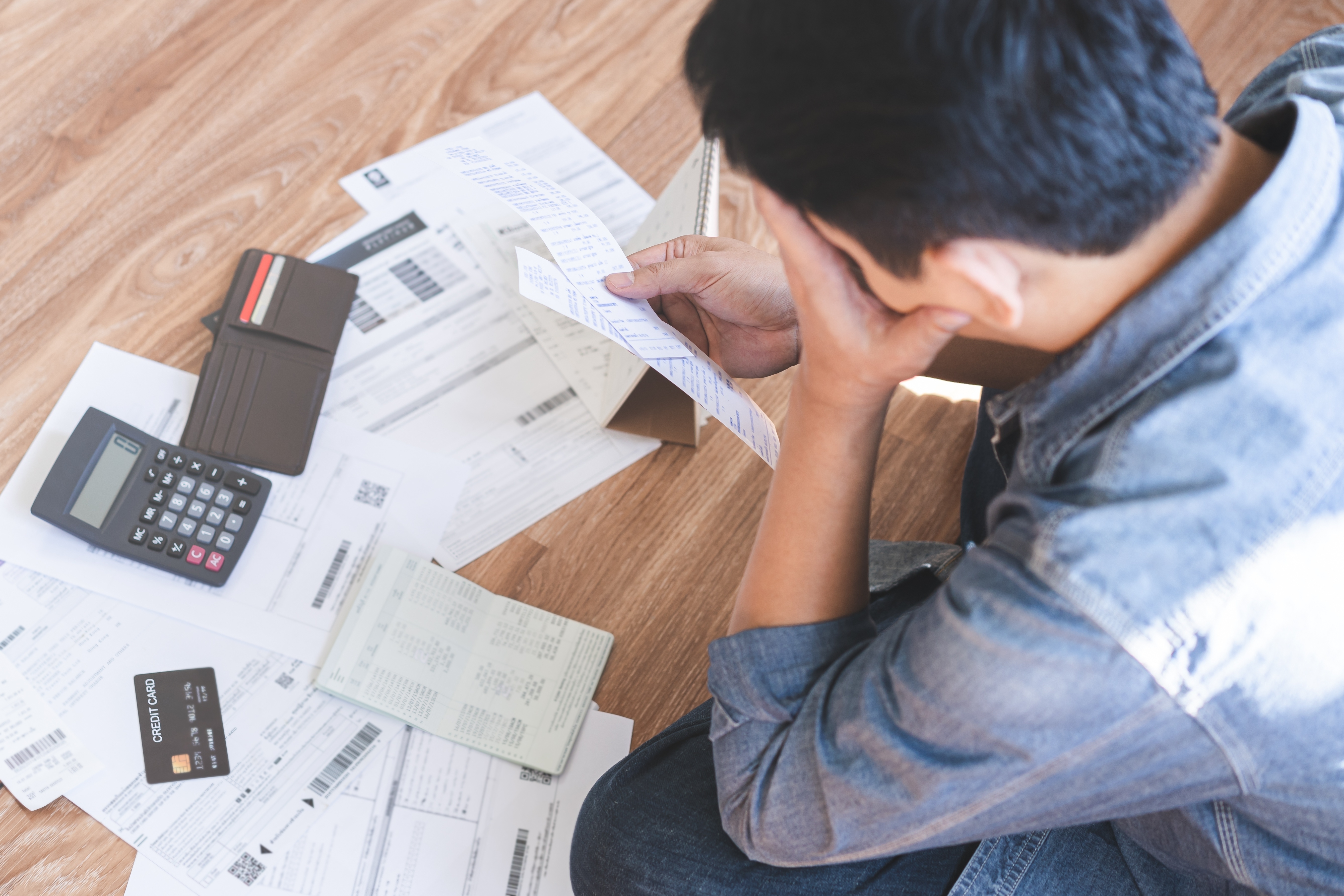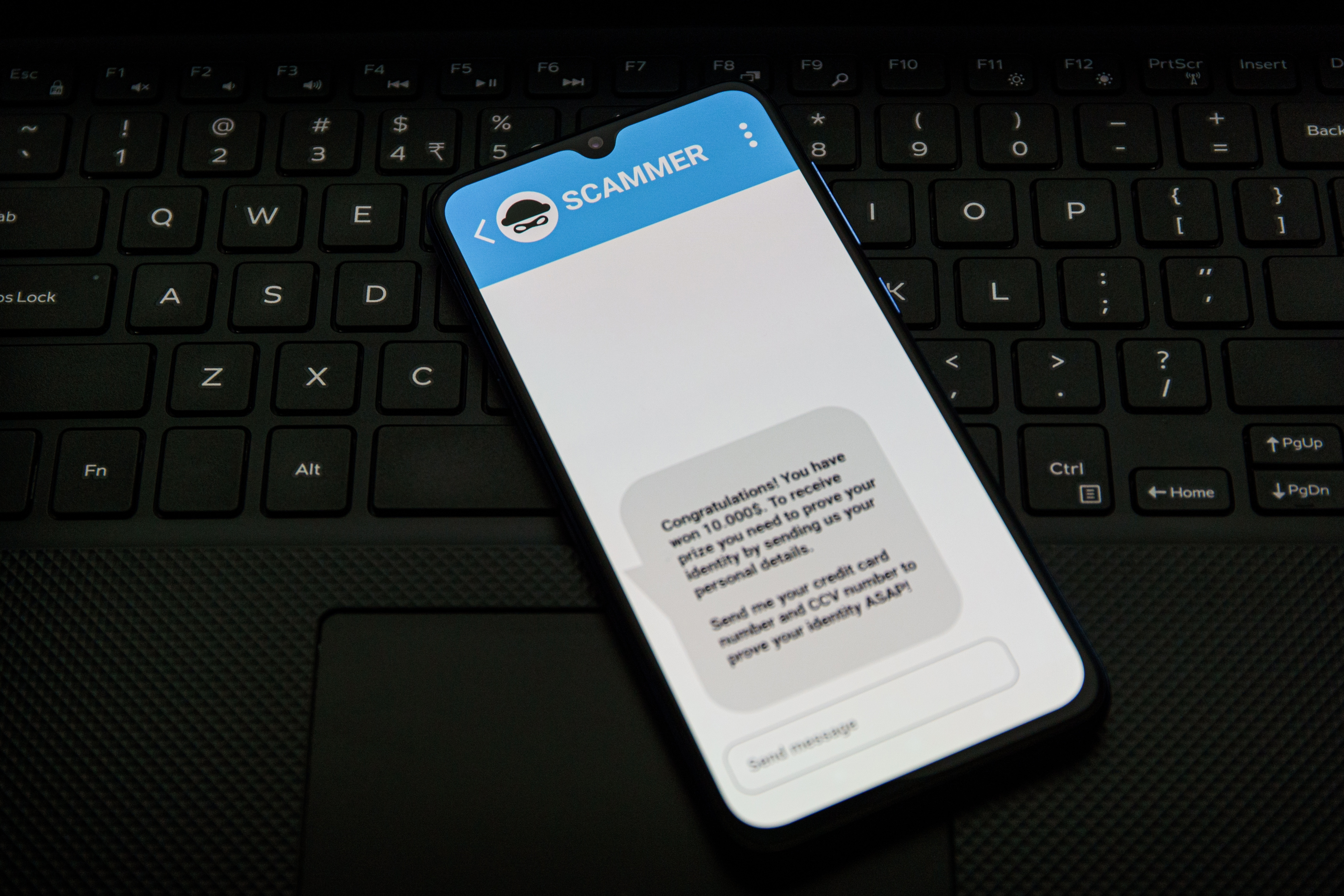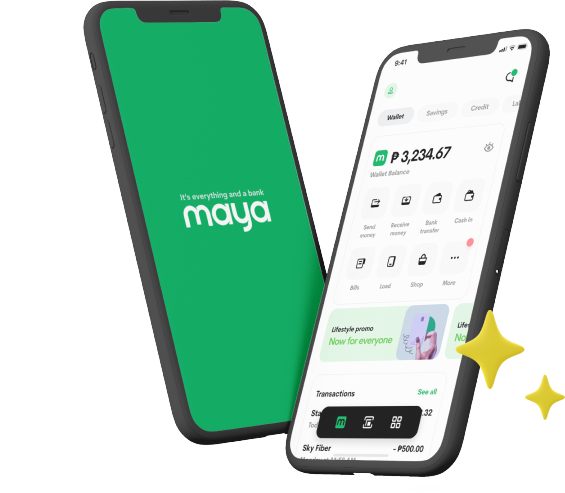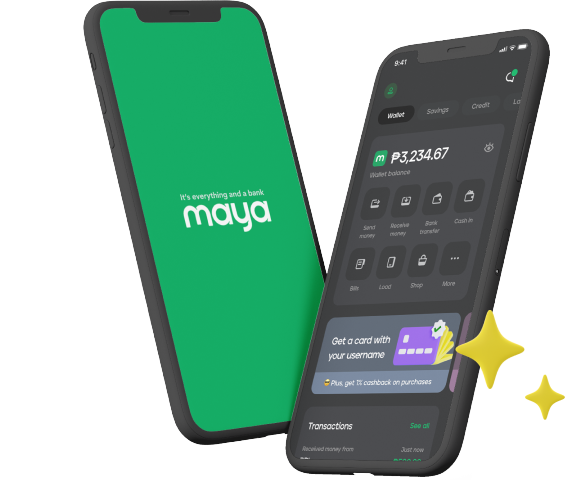Facing financial trouble is an experience that is familiar to many Filipinos. After all, it’s not unusual for unexpected medical expenses, job loss, or even poor monetary decisions to lead to financial distress and instability. Being in such a situation can feel quite overwhelming, but it’s possible to turn your life around and regain control of your finances. To this end, here are several tips that can help you overcome financial challenges and build a better safety net for yourself.
Create a Budget and Stick to It
The first step in overcoming financial trouble is to create a detailed budget. The said budget can help prevent overspending and provide you with a clear roadmap for financial recovery. Making a budget means tracking your income and expenses to identify where your money is going and pinpointing areas where you can cut back. Budgeting apps or spreadsheets can help you record and evaluate your expenses.
You can also use a trusted wallet and app from a reliable digital bank like Maya for your in-person or online purchases, a move that will allow you to automatically record many of your single or recurring transactions. This, in turn, will make it much easier for you to see exactly where your resources are being spent. By sticking to a budget, you ensure that you live within your means and can allocate funds toward debt repayment and toward savings and investments.
Prioritize Debt Repayment
High-interest debts, such as credit card balances, can quickly spiral out of control if they are not addressed promptly. To prevent these debts from ballooning due to the amount of interest you have to pay over time, prioritize paying them off. Consider strategies like the snowball method, where you focus on paying off the smallest debts first, or the avalanche method, which targets the highest interest debts. Additionally, explore options such as debt consolidation or negotiating with creditors for lower interest rates. These can help make the repayment process more manageable without compromising your current budget.
Build an Emergency Fund
An emergency fund acts as a financial safety net during unexpected events such as medical emergencies or job loss. By allowing you to immediately respond to urgent financial needs or support yourself in case you lose your source of income, an emergency fund can bring you peace of mind and give you time to think about your next steps without relying on debt. Typically, such a fund should be able to support three to six months’ worth of your living expenses.
A hardworking savings account is key to effectively building an emergency fund. Maya, the best digital bank in the Philippines, has a high-interest savings account called Maya Savings that allows you to increase your monthly interest rate from the base 3.5% all the way up to 15% p.a. You can maximize this feature by using Maya to complete your everyday transactions.
Alternatively, you can build your emergency fund through Maya’s Personal Goals, which offers a base interest of 4% p.a, or Time Deposit Plus, which has interest rates that start with a guaranteed interest rate of 3.5% p.a. and can go up to 5.75% p.a. when you reach your target amount. Using these solutions will enable you to reach your emergency savings goal amount while enjoying better interest rates than what traditional banks typically offer.
Seek Financial Counseling
There are professionals who focus on helping people make their money work for them, and you can ask their help to get tailored advice for your specific financial challenges and goals. Financial counselors, for one, can offer you personalized advice on creating a budget, managing debts, and improving your overall financial health. They can also help negotiate with creditors and provide strategies for rebuilding your credit. A counselor’s guidance can give you the clarity and confidence needed to tackle your financial challenges head-on.
Increase Income Streams
You can also explore ways to diversify your income streams. Doing so can give you additional funds to manage debts and build savings. Consider if you have time and energy to allocate to part-time jobs or freelance work or if it’s sustainable for you to turn your hobbies into income-generating activities. Even small amounts of extra income can accelerate your debt repayment process and offer more financial flexibility. Look for opportunities that fit your skills and interests to make the additional work more enjoyable and less draining.
Reduce Unnecessary Expenses
Evaluate your spending habits to be able to spot the areas where you can cut back on non-essential expenses. This might include dining out less, canceling unused subscriptions, or switching to an online digital banking provider that offers free or cheaper interbank transaction fees. Small, consistent changes in your spending can add up over time and contribute to long-term financial health. Furthermore, redirecting these savings toward debt repayment or savings can significantly improve your financial situation.
Utilize Government Programs and Assistance
The national and local government agencies offer various programs designed to assist those in financial distress, such as financial aid, social services, and unemployment benefits. For example, the Social Security System offers unemployment benefits and a calamity loan assistance program that can help tide you over when you’ve just lost your job or when your livelihood has been affected by a disaster. The Government Service Insurance Corporation, on the other hand, offers a financial assistance loan that can help government employees refinance their existing loans with lower interest rates and longer payment terms.
Taking advantage of these programs can bridge the gap during tough times and give you the breathing room needed to get back on your feet. Research the assistance programs that you are eligible for and apply for assistance to help alleviate your financial burdens. These resources can provide your household with temporary relief and support as you work towards financial recovery.
Educate Yourself to Gain Financial Literacy
Invest time in learning about personal finance to empower yourself to make informed decisions about managing money. Attend workshops, read books, or take online courses on budgeting, investing, and debt management. Improving your financial literacy can help you avoid common pitfalls and build a more secure financial future.
Stay Positive and Patient
It takes time to recover from a financially challenging situation. Throughout this process, maintain a positive mindset and be patient so as to avoid rash decisions. Rather than dwelling on how far you still have to go, set realistic goals and celebrate small victories along the way. A positive attitude can keep you motivated and resilient in the face of challenges. Financial recovery takes persistence, so it’s essential to remain hopeful and committed to your plan.
Maya Bank can be your partner in building this financially flexible and stable future for you and your loved ones. Check out our products and services today to see which can best fit into your financial recovery plan. Maximize our programs so you can navigate through tough financial times and work towards a stronger, more secure future.
You might also like
These Stories on Maya





